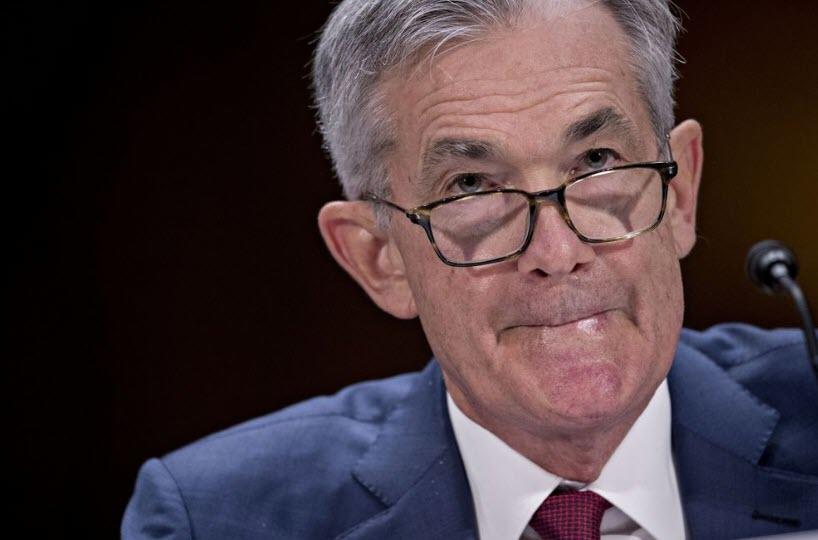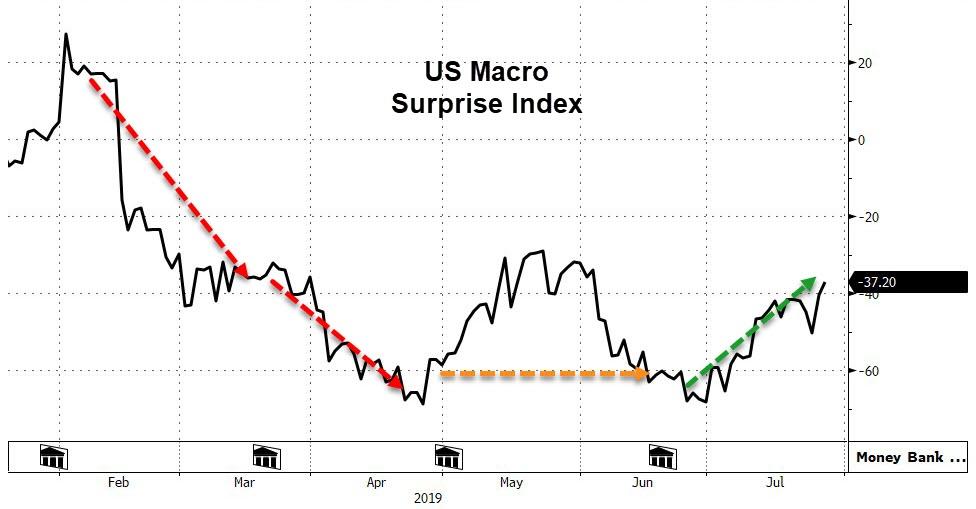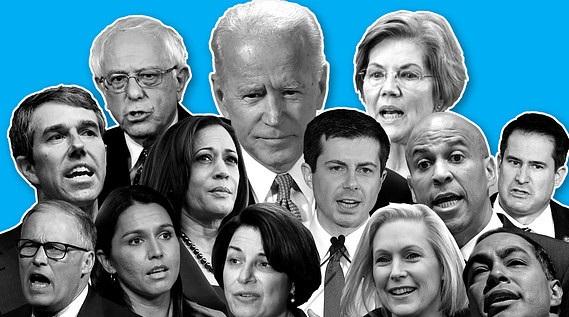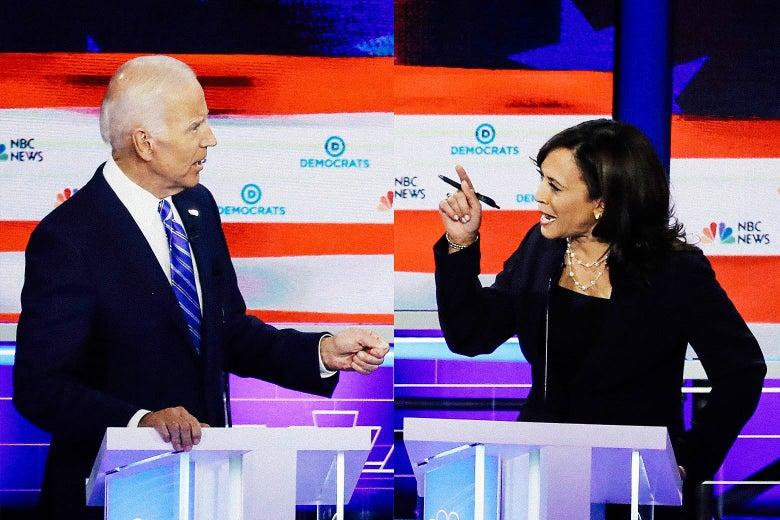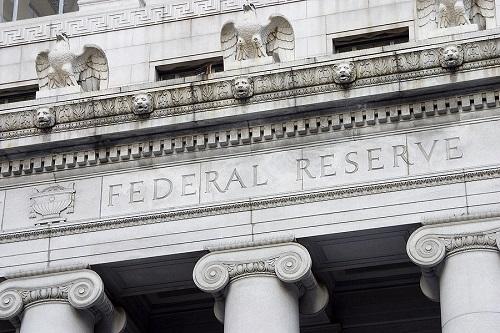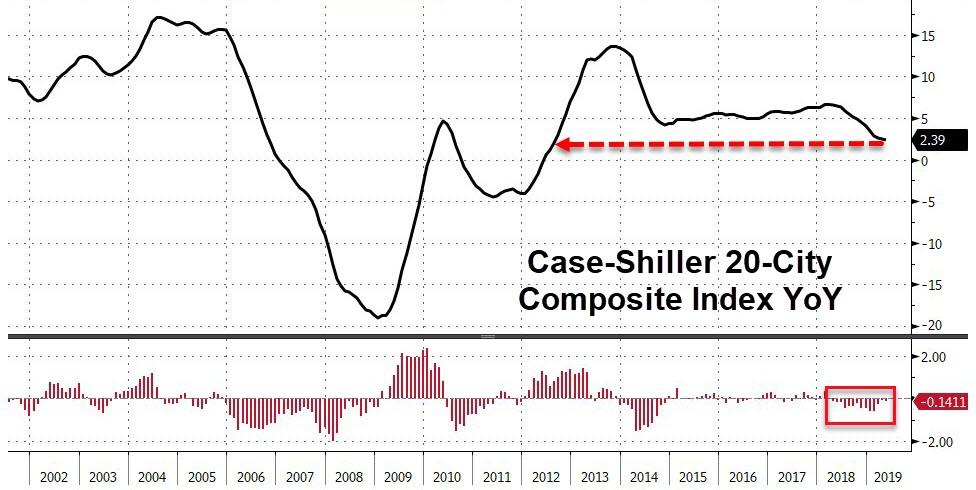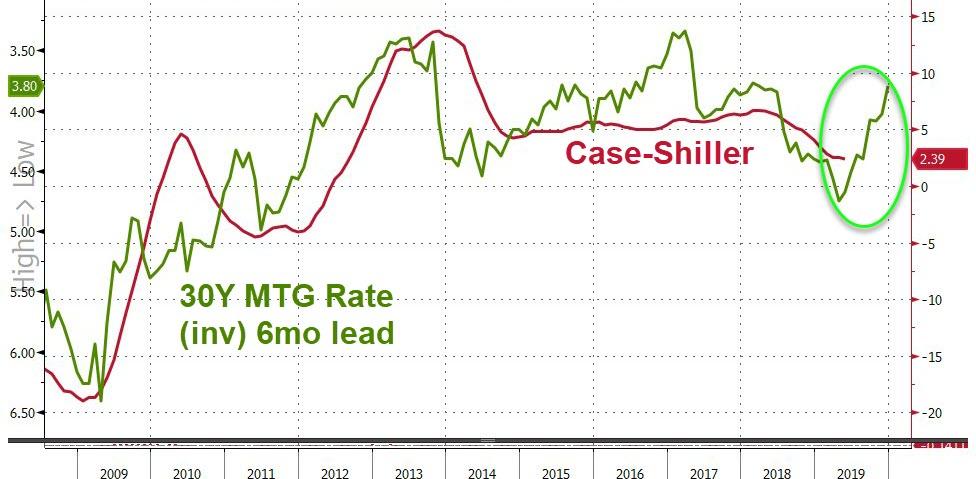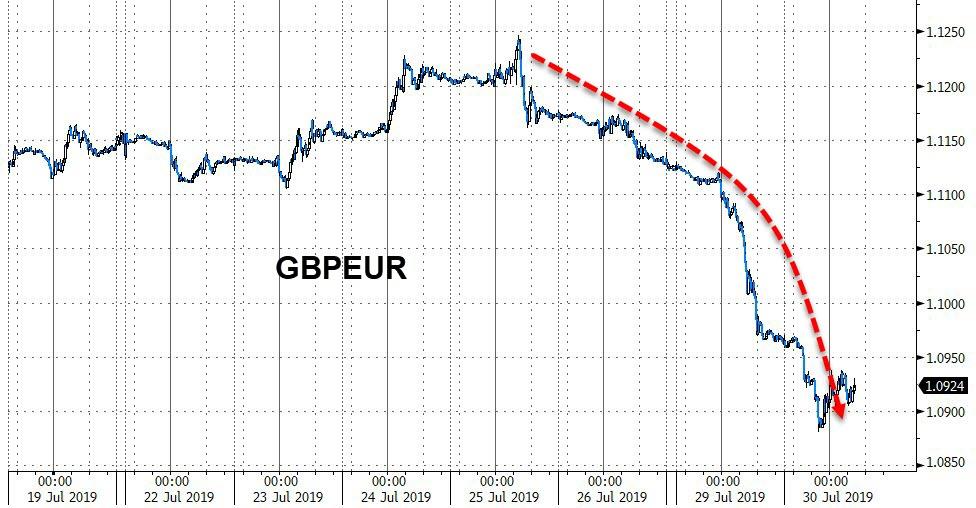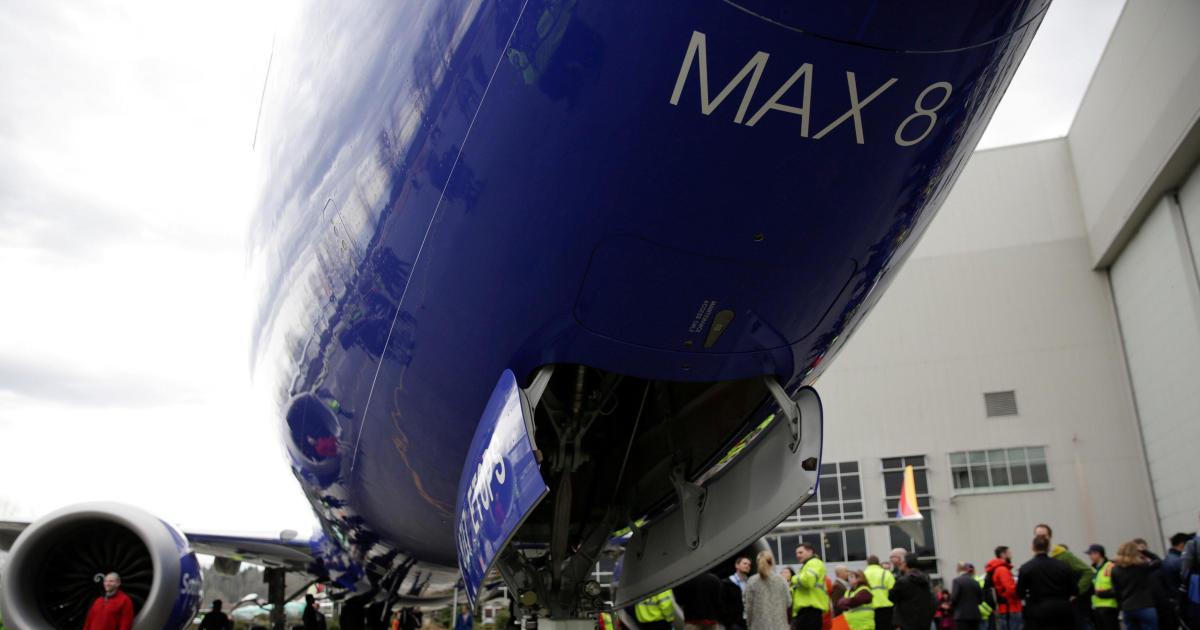Authored by Bill Dudley, op-ed via Bloomberg,
The U.S. Federal Reserve is poised to make a monumental move: At its policy-making meeting this week, it will cut interest rates for the first time in more than 10 years. Many see this as just the first step in a new stimulus policy aimed at supporting a fragile economy.
I’m not so sure. I think there’s a good chance the Fed won’t be cutting further anytime soon.
Some think this week’s cut in the federal funds rate could be as large as half a percentage point. I don’t agree. There’s no consensus for such an aggressive move on the policy-making Federal Open Market Committee, and the most recent data show the economy gaining momentum. Also, it might compromise the Fed’s independence, creating the impression that the central bank was caving to President Donald Trump’s insistent calls for deeper cuts.
Even a quarter-point cut — which is what I expect — entails significant risks. What if, in hindsight, it proves to have been a mistake?
Right now, the Fed is focused on the risk that the economy will slow and inflation will keep falling short of its 2% target. If this erodes people’s expectations of future inflation, it will undermine the central bank’s ability to provide stimulus. With inflation already low, it’s hard to justify any action — including standing pat this week — that could precipitate such an outcome. The public and the president would inevitably blame the Fed.
Also, the Fed faces the question of how best to maintain its recession-fighting firepower at a time when interest rates are already much lower than they typically are at this stage in the economic cycle. Officials believe that earlier and more aggressive action is needed to ensure that the U.S. doesn’t end up like Japan, with interest rates stuck at zero. As Chair Jerome Powell put it, an ounce of prevention is worth a pound of cure.
That said, there’s another risk: that of needlessly stimulating the economy when it is already growing at an above-trend rate and pushing bond and stock prices to new and perhaps unsustainable heights. By focusing on downside threats such as the uncertainties of U.S. trade policy and foreign growth, the Fed might ultimately go too far. After all, the current level of short-term rates is already stimulative. If the economy maintains its momentum and inflation accelerates, the central bank could be forced to tighten again –- an abrupt about-face that could burst a financial bubble of the Fed’s own creation, increasing the chances of a painful recession.
This second risk deserves greater attention. In recent weeks, the U.S. has seen stronger-than-expected employment gains, retail sales and growth in gross domestic product. The GDP reading for the second quarter, in particular, was considerably stronger than it appeared on the surface: Real final sales to domestic purchasers, which excludes fluctuations in inventories and trade, rose at a 3.5% annualized rate, nearly double the 1.8% rate of the first quarter. Also, core inflation accelerated a bit in June, while bond prices and consumer surveys suggest that inflation expectations have also ticked upward.
All told, the case for lowering rates is less compelling now than it was when the Federal Open Market Committee last met in June. This doesn’t necessarily mean that an interest-rate decrease this week would be a mistake. But it does mean that market participants — who are expecting a series of cuts over the next year or so — might be in for an unpleasant surprise, because the Fed’s future moves will be more dependent on incoming economic data than they think. There’s a good chance that, after this week’s meeting, the central bank will be “one and done.”
via ZeroHedge News https://ift.tt/2ylSJSV Tyler Durden
